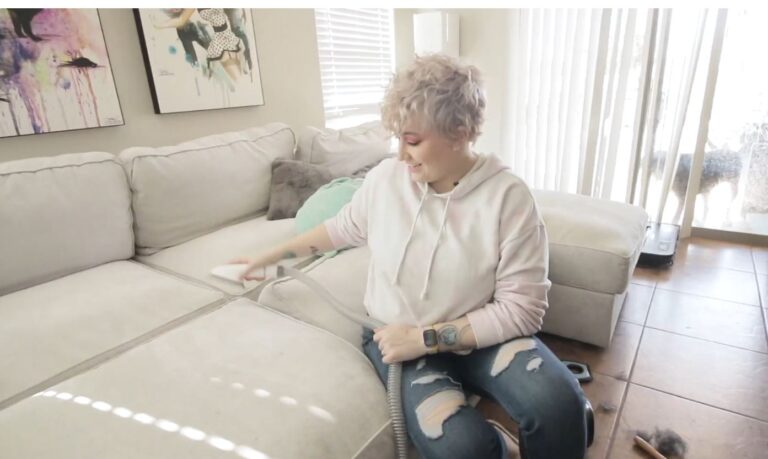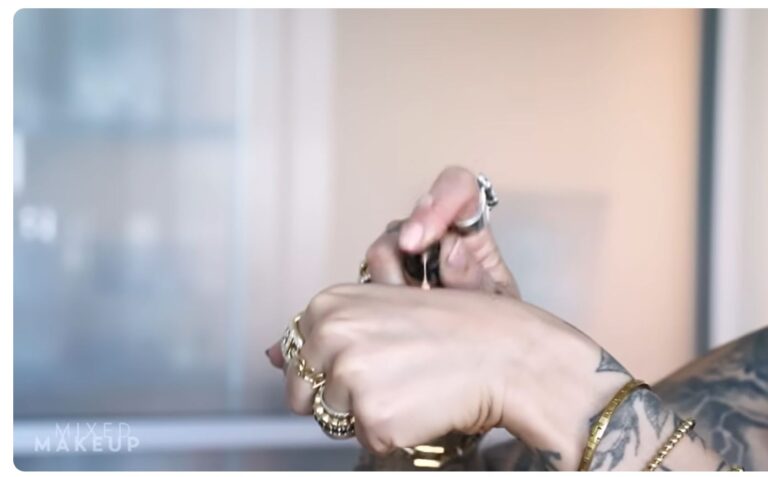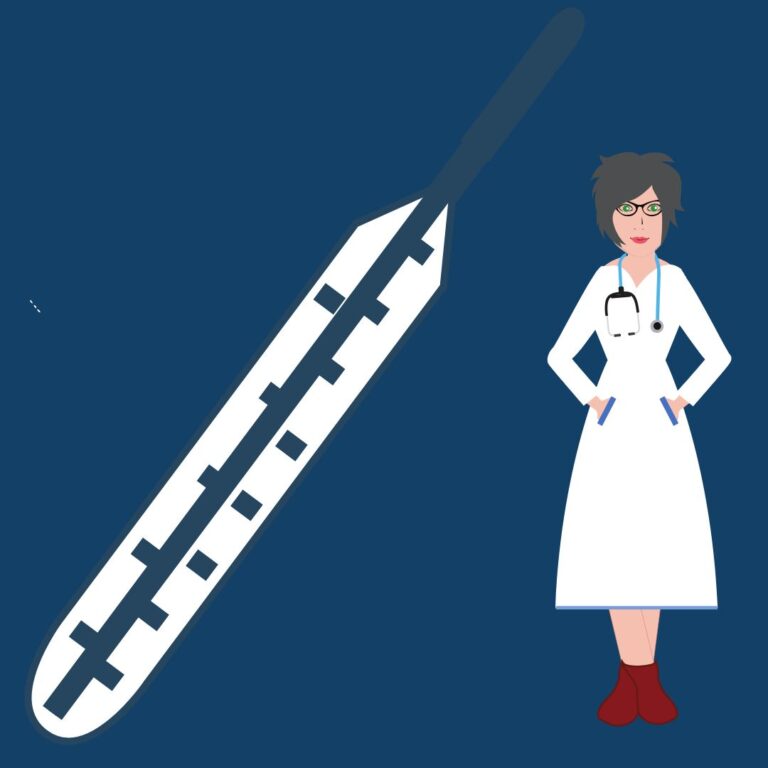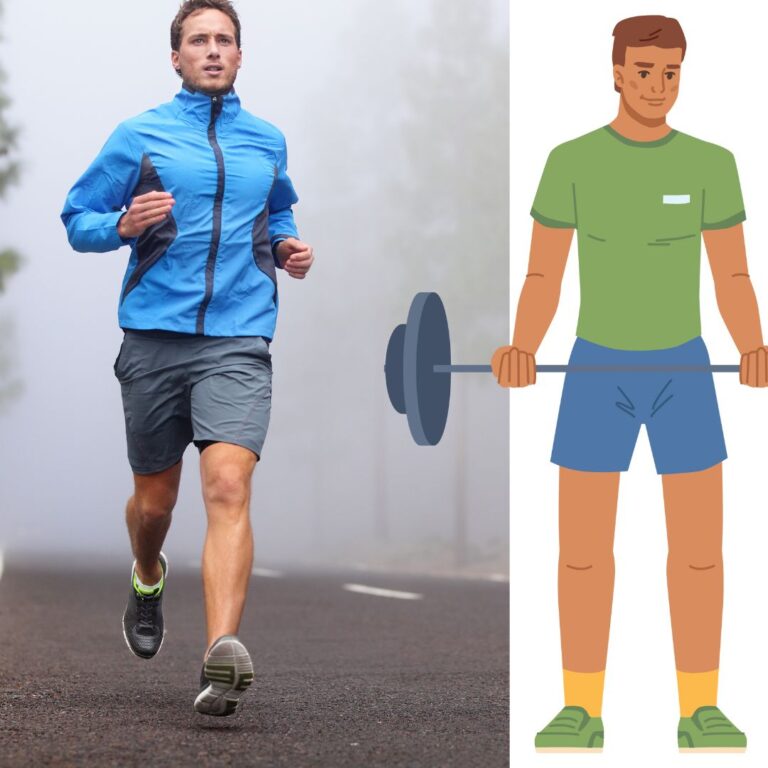funny story about colonoscopy prep
I survived my first colonoscopy and came out with a story so ridiculous, it’s now my go-to party anecdote (yes, really). From “prep disasters” to waking up mid-procedure saying the weirdest thing, this is the unfiltered, hilarious truth about what really happens behind those clinic curtains.
The Dreaded Prep: A Comedy of Errors
Let’s start with the worst part the prep. If you think the actual colonoscopy is bad, wait until you meet its evil twin: the liquid cleanse. Picture this: You’re handed a gallon of what can only be described as “salty battery acid” and told to drink it all. Spoiler: It tastes like regret.
I followed the instructions to the letter chilled it, used a straw, even chased it with lime Jell-O (clear liquids only, folks). But nothing prepares you for the… urgency. One minute, you’re watching Netflix; the next, you’re sprinting to the bathroom like your life depends on it (because, in that moment, it does).
And then there’s the “Is this normal?” panic. Google becomes your worst enemy as you frantically search: “How much is too much… movement?” Pro tip: Just trust the process. By hour three, you’ll reach a zen-like state of acceptance and maybe even laugh at the absurdity of it all.
The Big Day: Sedation, Confessions, and Unplanned Comedy
The day of the procedure arrived, and I walked into the clinic feeling like a mix of nervous patient and reluctant reality TV star because let’s face it, medical gowns are not a fashion statement. The nurse handed me mine with the cheerful disclaimer, “It opens in the back!” (Ah, the universal symbol of vulnerability.)
Then came the IV. Now, I’ve never been great with needles, so I did what any rational adult would do: I looked away and pretended it wasn’t happening. The anesthesiologist, clearly used to people like me, said, “You’ll feel a little pinch and then the best nap of your life.” And honestly? He wasn’t wrong.
But here’s where things got interesting. The sedation hit, and apparently, my filter disappeared. I woke up mid-procedure (just enough to be aware but not enough to care) and mumbled something absurd something I only learned about later when the doctor, grinning, said, “Well, that’s a new one
The Aftermath: Where Pride Goes to Die (But Your Health Wins)
The procedure itself was over in what felt like minutes, but the real adventure began in recovery. As the sedation wore off, I experienced the classic “Wait, did I say that out loud?” panic. The nurse, bless her, assured me that my post-anesthesia ramblings were “mild compared to some”—which, frankly, did not comfort me.
Then came the gas. Nobody warns you about the post-colonoscopy air bubble situation, but let’s just say I left that clinic lighter in more ways than one. Pro tip: Wear loose pants. You’ll thank me later.
But here’s the twist: Despite the absurdity, I felt proud. Why? Because I’d done something important for my health—and lived to laugh about it. The doctor’s all-clear was worth every awkward moment.
The Lesson I Wish I’d Known Sooner: It’s Not That Bad
Looking back, my fear was worse than the actual experience. The prep? Unpleasant but survivable. The sedation? A blissful escape from adulting. The embarrassment? Fleeting.
Most importantly, early detection saves lives. My doctor told me stories of patients who avoided tragedy because of this test and that’s no joke. So if you’re putting yours off out of fear, hear this: You’ve survived worse. And you’ll definitely have a story to tell.
The Doctor’s Verdict: News You Can Actually Use
The moment of truth arrived when my gastroenterologist strolled in with that unreadable “doctor face.” My groggy brain immediately assumed the worst Did they find something? Did I accidentally insult the medical staff while under sedation? but then he smiled. “Everything looks perfect,” he said. Cue the internal confetti cannon.
But here’s what surprised me: He actually explained the results in normal-people terms. No confusing medical jargon, just a clear breakdown of what they checked for (polyps, inflammation, unicorns okay, maybe not that last one). He even showed me photos from inside my own intestines, which was equal parts fascinating and mildly horrifying. The big takeaway? Preventative care works. If they had found something, catching it early could have been a game-changer.
The Afterparty: Celebrating With Zero Dignity Left
With my clean bill of health in hand, I did what any rational person would do: I celebrated by eating everything I’d been denied during prep. That first post-colonoscopy meal tasted like victory even if it was just a basic burger and fries. My intestines, freshly scoped and photogenic, didn’t even complain.
Then came the best part: telling the story. Friends winced at the prep details, howled at my sedation confessions, and ultimately admitted, “Okay, maybe I should get mine done too.” That’s the magic of sharing these experiences it demystifies the scary stuff. Turns out, owning the awkwardness makes it powerful.
The Unexpected Perk: How a Colonoscopy Made Me a Better Patient
You’d think the only reward for surviving a colonoscopy is the relief of it being over, but here’s the twist: I walked out with a newfound respect for preventative care. Suddenly, those “boring” health screenings didn’t seem so optional. My doctor’s advice “Come back in 10 years… unless something changes” actually stuck with me. No more brushing off weird symptoms or Googling my way into a panic.
And get this: I became that person the one who casually brings up colon health at dinner parties (much to my friends’ dismay). But when three people later confessed they’d scheduled their own screenings because of my story? That felt better than any “good patient” gold star.
The Ripple Effect: How My Embarrassment Became Someone Else’s Courage
Here’s the wildest part of my colonoscopy journey: My shame spiral turned into a public service. Months after my procedure, a coworker pulled me aside and whispered, “Your story convinced me to book mine. They found precancerous polyps.” Cue the chills.
That’s when it hit me: Awkward honesty saves lives. Every cringeworthy detail I’d shared—the prep disasters, the sedation confessions had quietly nudged someone toward a potentially life-saving screening. Turns out, vulnerability isn’t just cathartic; it’s contagious in the best way.
FAQs
Is the prep really as bad as people say?
Short answer: Yes, but survivable.
Real talk: The liquid cleanse tastes like ocean water mixed with regret, and you’ll become very familiar with your bathroom. But it’s temporary—and way better than the alternative (missing something serious). Pro tip: Chill the prep, use a straw, and reward yourself with Jell-O.
Will I be awake during the procedure?
Nope! You’ll be sedated (aka in a glorious twilight nap). Some people wake up briefly, but you won’t feel pain—just maybe a weird urge to confess your deepest secrets to the medical staff (happens more than you’d think).
What’s the deal with the gas afterward?
Oh, you’ll meet the gas. Doctors pump air into your intestines to get a clear view, and it has to… exit. Loudly. Pro tip: Wear loose pants, embrace the humor, and maybe warn your ride home.
How long does the whole thing take?
The procedure itself is quick (20-30 minutes). The real time-suck? The prep (12-24 hours of fasting and ahem clearing out). Plan to be at the clinic for 2-3 hours total (check-in, sedation, recovery).
Can I eat normally afterward?
YES, and that first meal will taste like victory. Start light (toast, soup) if your stomach feels iffy, but most people dive right into real food. Just avoid anything that’s normally a “gut grenade” for you.
Look, colonoscopies aren’t glamorous, but they are life-saving and surprisingly funny if you let them be. My takeaway? The fear is worse than the reality. The prep? Gross but survivable. The sedation? A glorious nap. And the post-procedure fog? Pure comedy gold.
- 10 Best Organic Fertilizers for Winter Crops: The Complete Guide - February 23, 2026
- 10 Best Overwinter Fertilizers for Vegetable Garden in 2026 - February 23, 2026
- 10 Best Fertilizers for Plants and Flowers in 2026 - February 23, 2026





